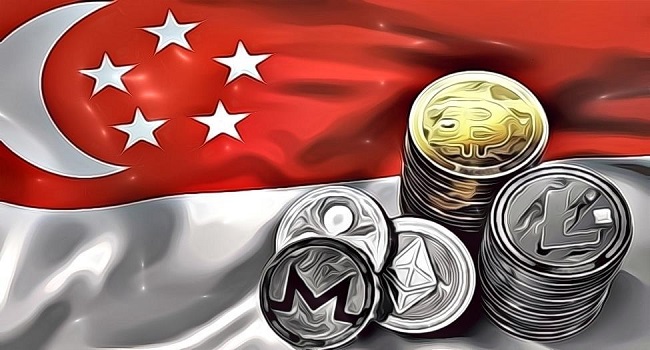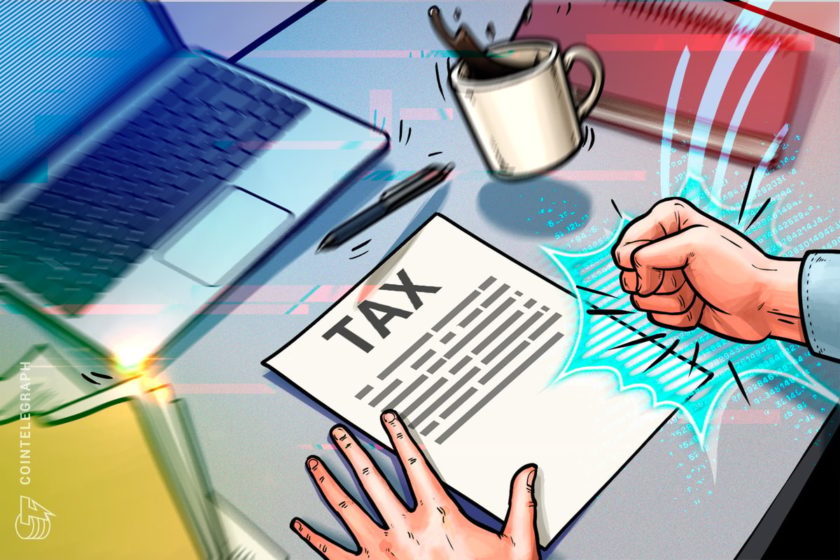Singapore’s tax agency is thinking of removing goods and services tax (GST), also known as value-added tax (VAT), from cryptocurrency transactions that function or are meant to function as a medium of exchange.
Last Friday, the Inland Revenue Authority of Singapore (IRAS) published a document detailing what the Authority refers to as “Digital Payment Tokens.” The IRAS proposed to exempt entities that deal with such digital assets from GST liabilities.
Under the current existing rules, cryptocurrency users are charged twice when they pay for goods or services using the various digital assets such as Bitcoin. This happens because the IRAS considers these transactions as a barter trade. What this constitutes is that there have been two separate cases of supply:
- a supply of the digital payment token;
- the supply of the services and goods paid for using the digital asset.
Now, the IRAS wants to change the rules to end double taxation that is applied on cryptocurrency transactions. The IRAS said the e-Tax guide is still in its draft form and that the Ministry of Finance will be holding a public consultation from now until July 26. If all goes well, the following proposed changes in the rules will come into actual application from January 1st 2020.
- The use of digital payment tokens as payment for goods or services will not give rise to a supply of those tokens;
- The exchange of digital payment tokens for fiat currency or other digital payment tokens will be exempt from GST.
Will Only Apply to “Digital Payment Tokens”
However, the IRAS clarified that the new rules will only apply to cryptocurrencies that qualify as digital payment tokens. Tokens that represent ownership rights to specific property will still be subject to the existing rules. The IRAS gave as examples of digital payment tokens the following cryptocurrencies: Bitcoin (BTC), Ethereum (ETH), Litecoin (LTC), Dash (DASH), Monero (XMR), Zcash (ZEC) and Ripple (XRP).
We are starting to see some progress in terms of a more inclusive legislation from cryptocurrencies. Russia is also set to reveal its own standards of cryptocurrencies and the state’s own new cryptocurrency that is set to launch soon will act as an example for all other digital tokens to follow.
Meanwhile, countries like India, China, Japan and many others still enforce some form of a ban on all digital assets and tokens. However, this strategy won’t last for long. The tide of cryptocurrencies is turning into a tsunami and any country that willfully chooses to hinder the path of progress will certainly be left behind. Cryptocurrencies are unfolding as the future to a cheap, painless and fast transfer of value.
If You Liked This Article Click To Share




